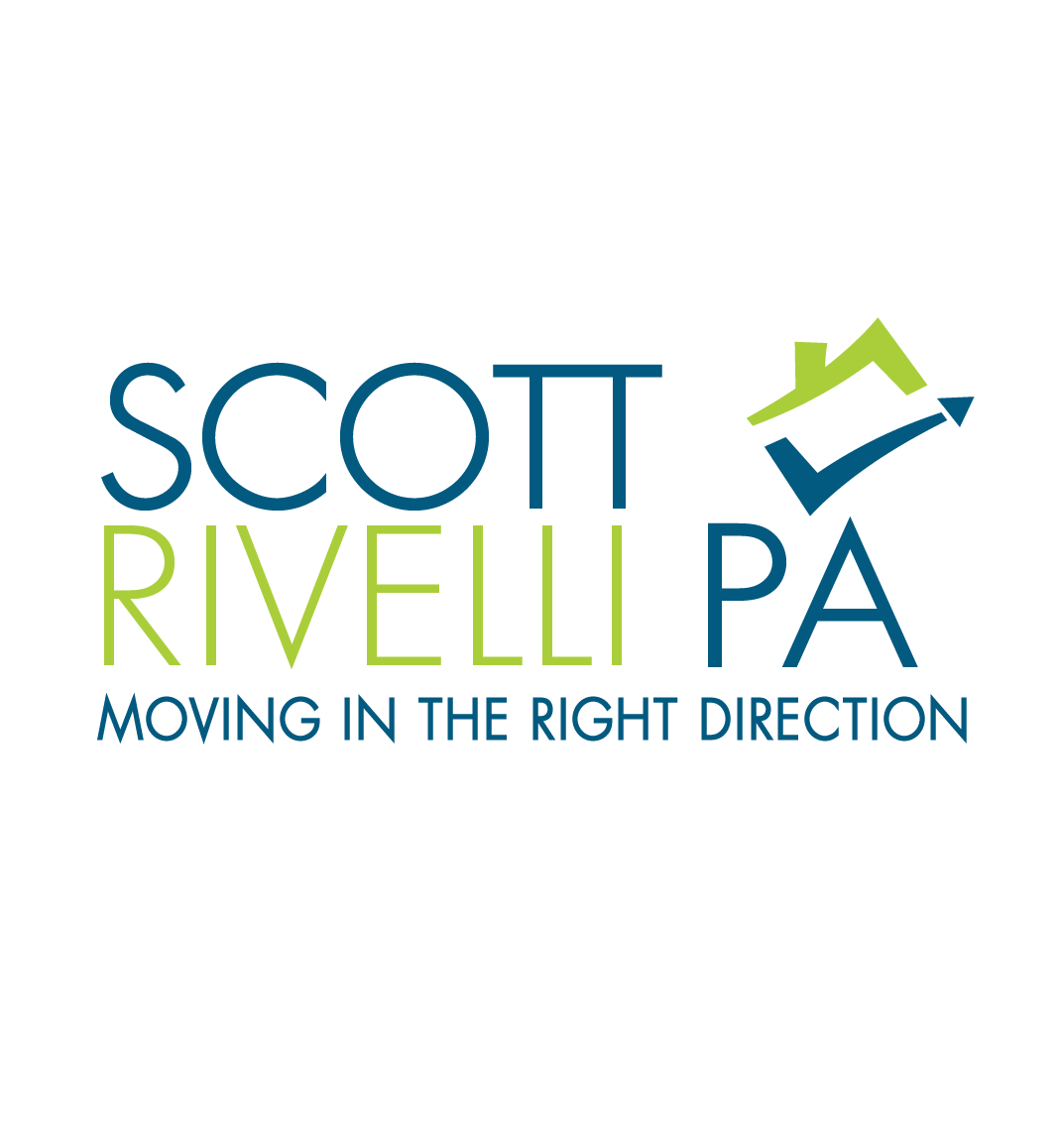Airbnb-style rentals are a growing cash cow for developers and owners
Real Estate is all about timing and location, and its’s an exciting time to Buy, Sell, Rent or Invest in Real Estate.
Call Scott Rivelli PA today for all your real estate questions and needs.
We are always available to help move you in the right direction
In what appears to be an avant garde real estate deal, a four-unit townhome complex used as an Airbnb rental property in Fort Lauderdale’s Victoria Park has been sold for a record $1.65 million.
South Florida real estate agent Sara Dorfman hit the jackpot this month when she arranged the sale of a multi-unit complex in Fort Lauderdale’s Victoria Park for $1.65 million. The chief selling point: The property was set up for vacation home rentals. And the buyer is eager to continue that business.
“We see more investors who are looking to do things this way,” said Dorfman, who works for Native Realty. “I call them the savvy investor.”
On a grander scale, home sharing is becoming an attractive option for South Florida developers who are installing liberal rental programs for would-be residential owners, including partnerships with Airbnb, the third-party booking company, and Pillow, a short-term rental management service that serves as property manager and listing expert for residents.
A sampling:
Newgard Development Group, which recently completed The Gale Residences on Fort Lauderdale Beach, entered into a partnership in October with Airbnb, the San Francisco-based, home-sharing company. Under the deal, Newgard intends to build a 324-unit rental complex in Kissimmee. Owned by Newgard, it will operate under the brand, “Niido Powered by Airbnb.” Niido would allow renters to lease their units on Airbnb for up to 180 days a year. Money earned would be shared between the renter and Niido.
YotelPad Miami, a luxury high-rise under development in downtown Miami near Bayside, expects to give buyers and investors the option to lease out their units without any restrictions.
Developer Santiago Vanegas, president of Habitat Group, is building a high-rise called Smart Brickell in Miami’s Brickell Avenue financial district. Owners will be allowed to sub-lease their units with the help of Pillow.
A joint venture between Urbis Real Estate and Domus Group, led by Flavio Rossato and Pablo Hoberman, is developing a six-story project at 6080 Collins Ave., Miami Beach, with a home-sharing component for owners.
But traditional hotel operators take a dim view of the home-sharing phenomenon, particularly through the increased use of multi-unit properties. They assert that the business distorts the playing field in the favor of Airbnb and its homeowner partners. Home sharing, they argue, has ballooned into a full-blown, multimillion dollar business, and is no longer just a side hustle for moms and pops in search of extra income.
“These are not people bringing someone into their spare bedroom to make a few extra bucks,” said Troy Flanagan, vice president of government affairs/industry relations for the American Hotel and Lodging Association.
“You’re seeing the conversion of residential quality of life into a tourist hotel,” he said. “That’s something the local governments have to take a close look at.”
A 13-city study by the hotels arm of CBRE, a national real estate services firm, leaves no doubt that the home-share business is booming, driven in large part by multi-unit residential complexes. The study — which included Miami and tracked the numbers of hosts, units and revenue between October 2014 and September 2016 — found that revenue generated year over year by Airbnb hosts almost doubled in 2016. And the multi-unit hosts were the fastest growing segment of the business in terms of numbers of hosts, units and revenue generated in 2016, the study found.
Hoteliers argue that many home-share operators don’t register with their cities as required, don’t collect and pay tourist and sales taxes, and don’t follow rules of the road set by local governments.
But Airbnb says it is making a proactive effort to collect taxes through agreements it has struck with counties and states. On June 8, it announced that it delivered more than $12 million in tax revenue to Broward and Miami-Dade counties during the first year of tax collection agreements with both jurisdictions. The agreements were signed in April 2017. Palm Beach County does not have a collection agreement with Airbnb.
Around the country, some local governments are taking drastic actions against home-share operators.

